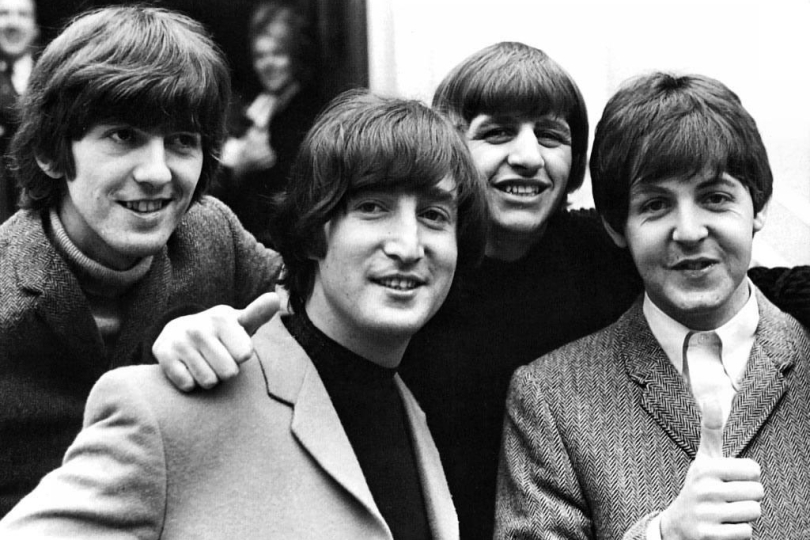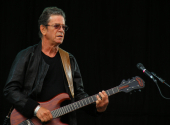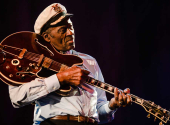
Covered #3: The Beatles – Norwegian Wood (This Bird Has Flown)
This series is not just about featuring hits and evergreens, that wouldn't be enough. It aims to present songs that have succeeded not only in their original version but also in many other renditions. A lot of covers are described as "better than the original" and in many cases, only a few people know the original. Sometimes there is even a dispute as to which version came first. The songs we are going to talk about and, more importantly, whose cover versions we are going to present, won't be based on the place or time of their creation, and definitely not on their original musical genre. Folk, jazz, blues, rock, pop or musical, we can find interesting songs anywhere.
Not only is this song one of the most beautiful on the Beatles' 1965 album Rubber Soul, but it's definitely one of their best. And besides, it's a pretty significant turning point in the history of Western popular music. Although it is signed by the traditional John Lennon – Paul McCartney duo (musical authorship is attributed to Lennon without any discussion, but there has been extensive debate as to who contributed what proportion of the lyrics), perhaps the most important thing that comes to mind when hearing the song is the few tinkling notes of the sitar played by George Harrison, freshly in love with Indian music, especially with sitar virtuoso Ravi Shankar.
This was probably the first pop or rock song that used the sitar (or any traditional Indian instrument). Soon enough, others picked up on its animating sound, such as the Rolling Stones in "Paint It Black" (1966), featuring Brian Jones on the instrument. George Harrison himself then used the sitar much more frequently, both with the Beatles (perhaps most notably in the explicitly "Indian" "Love You To" on the following Revolver album) and in his solo career.
"Norwegian Wood (This Bird Has Flown)", commonly shortened to just "Norwegian Wood", became a hit immediately after its release. And its distinctive melody prompted cover versions almost instantly. Their parade is unprecedentedly broad in style and genre, and there's no shortage of downright bizarre material. Jazz vibraphonist Gary Burton was among the first to tackle it, back in 1966, he slowed it down a lot and featured it on his album The Time Machine.
But the older jazz generation was not to be left behind either. The phenomenal drummer and bandleader Buddy Rich turned it into a great concert act with his orchestra back in 1967.
And to go even further, the ultimate legend of big band swing and old rhythm'n'blues Count Basie released two albums of Beatles cover versions. The first he recorded with his orchestra in 1966 under the title Basie's Beatle Bag, covering hits from the first Beatles era, and the second, Basie on the Beatles in 1969, interpreted songs by the late Beatles, including, of course, "Norwegian Wood".
We will end our walk through the instrumental jazz versions of Norwegian Wood in 1996. Back then, pianist Herbie Hancock and his dream band (John Scofield – guitar, Michael Brecker – saxophones, Dave Holland – bass, Jack DeJohnette – drums, Don Alias – percussion) released an album aptly titled The New Standard, on which they recorded songs mostly from the pop and rock scene as if they were jazz standards. And so, in addition to hits by Prince, Peter Gabriel, Stevie Wonder and Nirvana, there's "Norwegian Wood" – incidentally, with a great musical joke, as Holland introduces the basic melody on bass at the beginning.
Just like the jazzmen, however, other musicians also "picked up" on "Norwegian Wood" quite quickly. Strangely enough, one of them was the desperado from the outlaw country scene Waylon Jennings, who recorded the song for his 1966 album Nashville Rebel.
Brazilian singer and guitarist Milton Nascimento came up with a very specific, let's say Latin-psychedelic version in 1975, which he sang on the album Mina.
This brings us to some remarkable cover versions from some rather unexpected sources. For example, in 1993, the song was recorded by the American R&B-pop-hip-hop project P.M. Dawn.
Four years later, the sitar romance charmed the very popular electronic band Cornershop – no wonder, since its line-up was Indian-London. And to enhance the Indian inspiration, the band recorded "Norwegian Wood" for their album When I Was Born For The 7th Time in Punjabi.
If you have found an error or typo in the article, please let us know by e-mail info@insounder.org.





